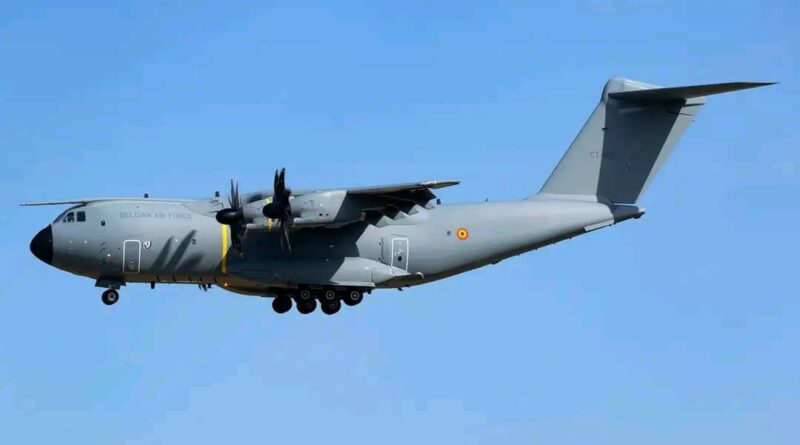Belgium accused of increasing Military support to DRC
Belgium is reported to be expanding its military involvement in the Democratic Republic of Congo (DRC) at a time when the conflict in the eastern part of the country continues to escalate between the FARDC forces and AFC/M23 rebels.
Amid this complex security crisis and diplomatic tension, various reports suggest that Belgium may have intensified support aimed at strengthening Congo’s army as it battles armed groups that keep capturing strategic territories.
In recent months, several international media outlets reported that Belgian military personnel are stationed in Kindu, Maniema Province, where they are training FARDC troops,specifically the 31st Rapid Reaction Unit brigade. This brigade is among those deployed to conduct major operations against M23 in North Kivu.
The training is part of the European Union’s European Peace Facility program, which aims to support African countries in building stronger, more professional armed forces.
In March 2025, a Belgian military aircraft, the Dassault Falcon 7X, was spotted in both Kinshasa and Kindu, raising questions and sparking intense debate about the true purpose of the mission. While some media reports indicated that the plane might have been transporting equipment used for FARDC training programs, others claim it may have been carrying materials intended to boost the government’s war effort against M23.
Belgium has not fully clarified what the aircraft transported, a situation that continues to raise concerns among regional observers and analysts of international affairs.
The Belgian government, however, maintains its position and denies any involvement in supplying troops or military equipment for active combat in DRC. Belgian authorities say their personnel in Congo are strictly military instructors and advisors, and that no Belgian soldier is taking part in any frontline combat.
The Ministry of Defence insists that all activities fall within existing cooperation agreements with Congo,focused on training, strengthening military institutions, and providing non-lethal equipment.
Despite these official statements, critics argue that such activities are taking place at a particularly sensitive moment, with intense fighting ongoing in areas such as Rutshuru and Masisi. FARDC, supported by the Wazalendo militia and other partners, continues to confront M23 rebels, who have demonstrated strong tactical capability and control over economically strategic zones.
These developments further internationalize Congo’s internal conflict and fuel diplomatic tension in the region. Rwanda and Congo have long disagreed over the nature and origins of M23, and reports suggesting that Belgium is expanding its military support to FARDC have heightened friction between Kigali and Brussels.
Diplomatic relations remain strained, and the situation becomes more complex with each new report or allegation.
Although there is no conclusive evidence that Belgium has deployed NATO-grade equipment to DRC, it is clear that a new phase of military cooperation is unfolding between Brussels and Kinshasa. Analysts say such involvement may strengthen FARDC but could also pose challenges to long-term peace and stability in the Great Lakes region, where foreign involvement in the conflict continues to generate controversy.
For communities affected by the violence, their expectation remains simple: lasting peace, protection of civilians, and governance capable of addressing deep-rooted conflicts. But as things stand, the fighting continues to intensify, diplomacy is growing more difficult, and international involvement remains a major point of debate.

